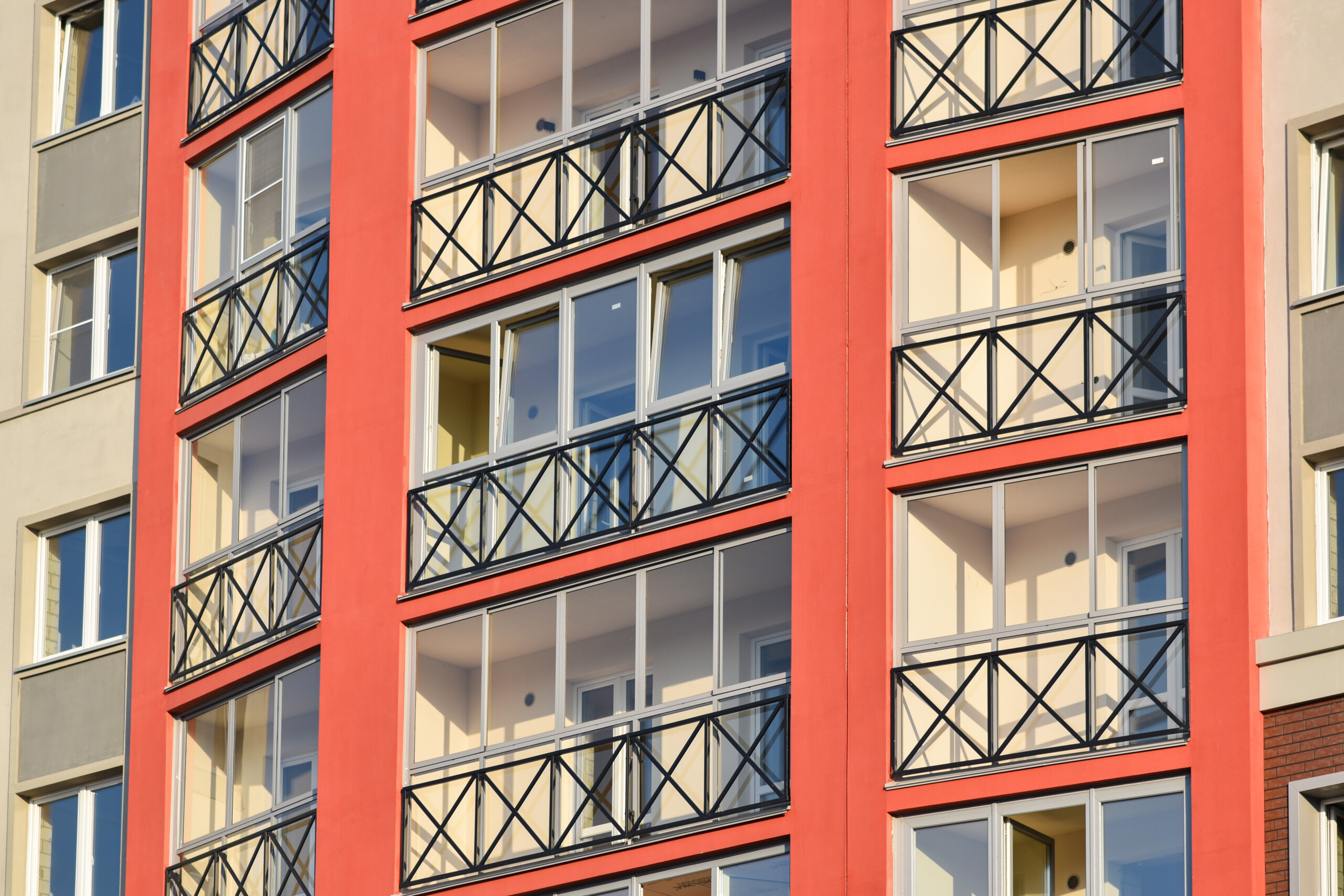
For many first-time buyers and young investors in Montreal, buying a home can feel out of reach — especially with rising interest rates, tightening mortgage rules, and climbing property values. But there’s one strategy that’s gaining momentum across the city: house-hacking. It’s not just a buzzword — it’s a practical approach to owning property while dramatically reducing your living expenses. And in a city like Montreal, where multiplexes are common and well-integrated into many neighborhoods, it’s more accessible than you think.
What Is House-Hacking?
At its core, house-hacking means buying a property with multiple units, living in one, and renting out the others. The rental income you receive from your tenants can offset — or even completely cover — your monthly mortgage payments, property taxes, insurance, and utilities.
The most popular house-hacking targets in Montreal are duplexes, triplexes, and fourplexes. These “plex” properties are abundant in boroughs like Verdun, Villeray, Rosemont, and Hochelaga, making Montreal one of the best cities in Canada for this type of real estate strategy.
Why Montreal Is Perfect for House-Hacking
Montreal’s housing stock makes it ideal for house-hacking. Many residential neighborhoods are filled with legal duplexes and triplexes that were originally built for multigenerational families or rental income. The city’s zoning regulations often support small multi-unit properties, especially on residential side streets, and financing a multiplex is relatively accessible for first-time buyers — particularly if you plan to live in one of the units.
In addition, demand for rentals in Montreal remains high, especially in central areas where people want to be close to public transit, schools, and downtown. That means that even a modest basement unit or main floor apartment can generate consistent monthly income.
The Financial Advantage
Let’s say you buy a triplex in Rosemont for $750,000. You live in the top floor and rent out the two lower units for $1,200 and $1,400 per month. That’s $2,600 in gross rent coming in monthly. If your mortgage, taxes, and insurance total $3,200/month, your tenants are covering more than 80% of your housing costs — and that’s without considering tax write-offs, long-term appreciation, or future rent increases.
Some savvy house-hackers even renovate underperforming units, increase rents gradually (within Quebec’s rental regulations), and reinvest the profit into more real estate. In some cases, the owner ends up living nearly for free — or even cash-flowing — while building long-term equity.
What to Watch Out For
Of course, house-hacking isn’t passive income. You’ll be a landlord — and in Quebec, the rental board (Tribunal administratif du logement) enforces strong tenant protections. You’ll need to be familiar with lease terms, rules around rent increases, and legal eviction processes. It’s also critical to do your due diligence before buying: inspect the building thoroughly, understand tenant rights, and make sure the units are legal and compliant with city bylaws.
Conclusion
House-hacking in Montreal is one of the smartest ways to enter the real estate market, reduce your living costs, and begin building wealth. With the right property, the right tenants, and a solid understanding of Quebec’s rental laws, you can turn your first home into both a residence and an investment. If you’re thinking of buying a home in Montreal, consider looking at a plex — it might just change your financial future.



